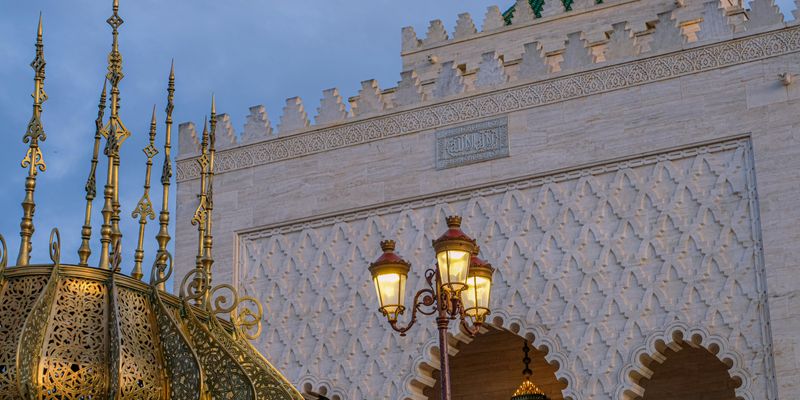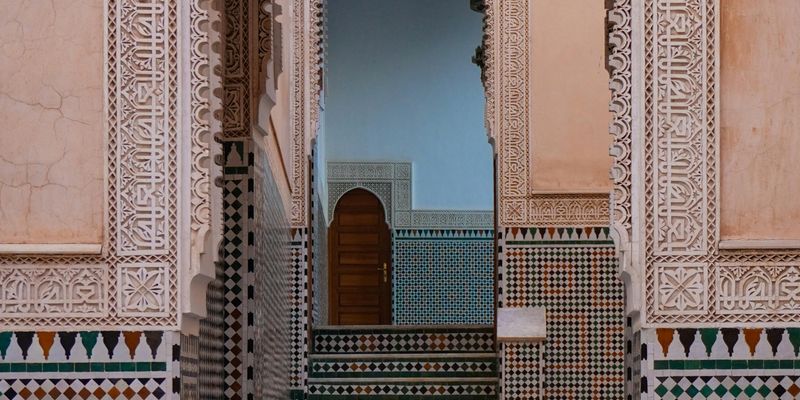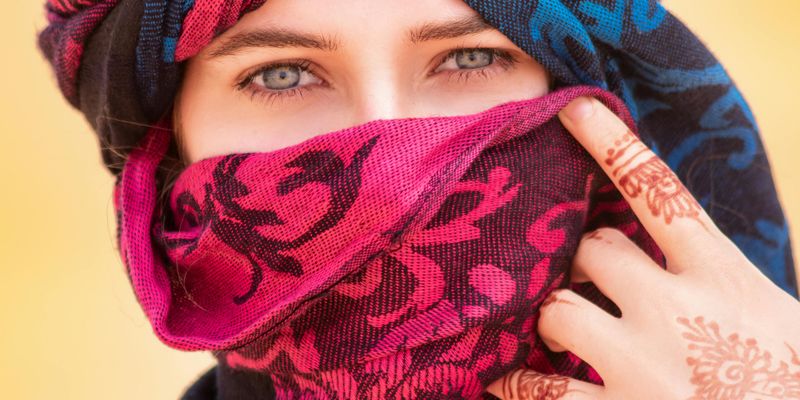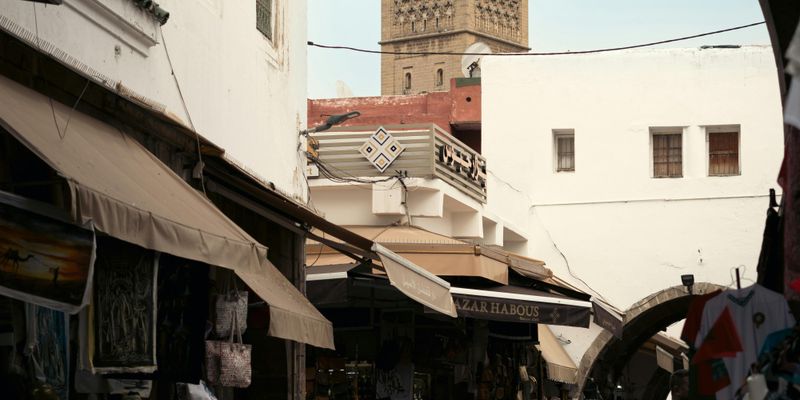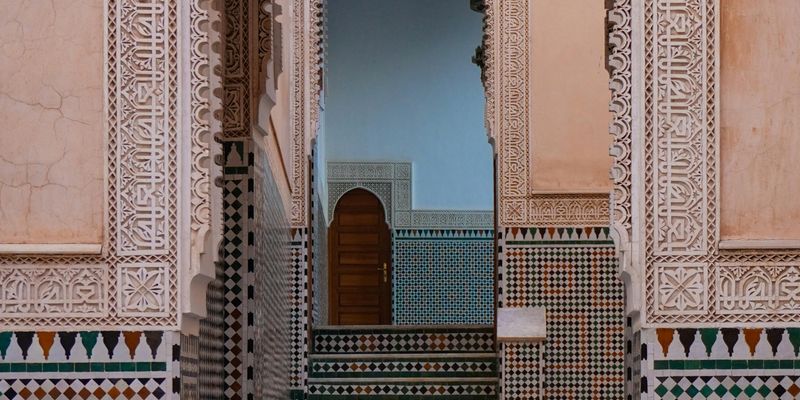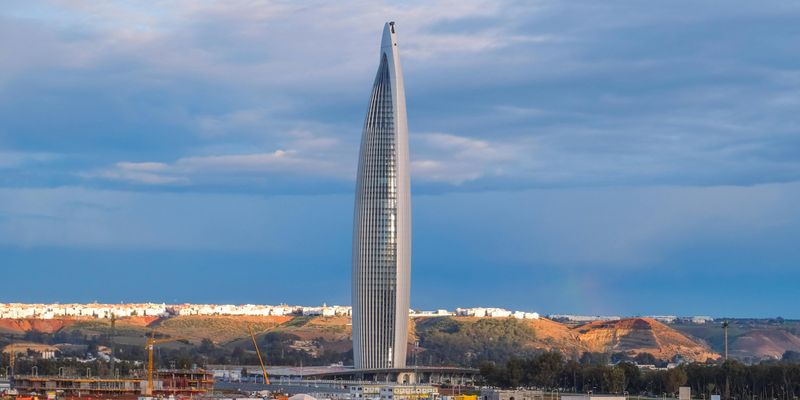
Introduction
Ah, Morocco! A land of stunning landscapes, rich culture, and vibrant traditions. From the bustling souks of Marrakech to the serene beaches of Essaouira, our country is a tapestry of natural beauty and cultural heritage. However, alongside this beauty comes the urgent need for environmental conservation. Today, I want to share why this cause is not just a Moroccan affair, but a shared responsibility for all of us who call this place home or dream of visiting it.
The Fragile Ecosystems of Morocco
Morocco is blessed with diverse ecosystems ranging from the magnificent Atlas Mountains to the breathtaking Sahara Desert. Each habitat holds unique flora and fauna that are vital to our ecological balance. Unfortunately, these ecosystems are under threat from deforestation, urbanization, and climate change.
As a native of this land, I have witnessed the changing seasons and how they are affected by these issues. Our local term, "hima", refers to protected grazing lands, traditionally conserved for livestock. These practices are vital for sustainable livelihoods. Yet, too often, they are overlooked in the face of modernization.
Community Engagement and Responsibility
Engaging local communities in conservation efforts is critical. Many Moroccan towns have traditional practices of environmental stewardship that can be revitalized and adapted. For example, in the Rif Mountains, communities have historically worked together to manage their resources sustainably. By promoting education and awareness of environmental conservation, we can empower our youth to take action.
During my visit to a rural village, I saw firsthand the impact of community-led tree planting initiatives. Villagers gathered to plant saplings, sharing stories and laughter as they worked side by side. This initiative not only restored the environment but also strengthened community bonds.
Tourism and Its Role in Conservation
Tourism is a major part of Morocco's economy, but it also carries a responsibility towards conservation. Sustainable tourism practices can help protect our natural landscapes while providing economic benefits to local communities. Visitors have the opportunity to participate in eco-tours that respect wildlife and support environmental preservation.
I recall a memorable trek through the breathtaking Ait Bouguemez Valley, where our guide, a local Berber, explained the importance of preserving the delicate ecosystem. He spoke passionately about how responsible tourism can empower communities while ensuring that the beauty of our mountains remains for generations to come.
Investing in the Future
Environmental stewardship is not just about immediate action; it's about investing in the future. Moroccan initiatives such as solar energy projects, especially in regions like Ouarzazate, are paving the way for sustainable development. These projects showcase Morocco's commitment to renewable energy and reducing carbon footprints.
As citizens and global travelers, we can support these efforts by choosing sustainable practices in our daily lives—whether it’s reducing plastic use, supporting local artisans, or participating in local conservation projects. Every little action counts.
Conclusion: Together for Morocco
In conclusion, environmental conservation in Morocco is indeed a shared responsibility. Whether you are a local resident or a traveler enchanted by our vibrant landscapes, you have a role to play. Let us embrace our responsibility to protect the beauty of Morocco, ensuring that its rich ecosystems and cultural heritage endure for generations to come. Together, we can make a difference.
